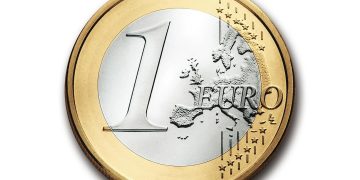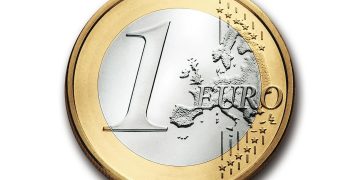Smart Ways to Reduce Your Monthly Expenses
Are you looking for methods to stretch your budget further each month? With economic fluctuations and rising costs of living, managing monthly expenses can be challenging for many. However, implementing some strategic measures can help you significantly reduce your financial outlays. In this comprehensive guide, we’ll explore various effective ways to cut down on your expenses without compromising your quality of life. Let’s dive into practical tips and tricks that will not only save money but also optimize your spending habits.
Assess and Reevaluate Subscriptions
In the modern digital age, it’s easy to accumulate multiple subscriptions and recurring payments that might not be essential. Start by listing all your subscriptions – from streaming services to software, gym memberships to magazine subscriptions. Review each one and assess their importance and usage. Consider canceling those you seldom use and look for cheaper or free alternatives. For instance, switching from a premium music streaming service to a free, ad-supported version could save you a considerable amount each year.
Optimize Utility Usage
Utility bills often represent a significant portion of monthly household expenses. Simple changes in your daily habits can lead to substantial savings in water, electricity, and gas bills. Upgrading to energy-efficient appliances, using LED bulbs, fixing leaks, and optimizing your heating system can reduce your utility costs. Moreover, many utility companies offer evaluations to identify areas where you can save, often at no extra cost.
Smarter Grocery Shopping
Grocery expenses can quickly add up if not managed carefully. To save money, plan your meals for the week and create a shopping list to avoid impulse buys. Make use of coupons and loyalty programs, and shop for generic brands which are often considerably cheaper than their branded counterparts. Buying in bulk can also be cost-effective for non-perishable items. Furthermore, consider shopping at discount supermarkets or local farmers’ markets for better deals.
Reduce Transportation Costs
Transportation can be another considerable monthly expense. If possible, use public transportation, carpool with colleagues, or even consider biking to work. These alternatives are not only cheaper but also environmentally friendly. If you own a car, regular maintenance ensures better fuel efficiency, and comparing fuel prices can help you fill up at the cheapest stations. Also, think about restructuring your auto insurance; many insurers offer discounts that you might not be currently utilizing.
Cut Down on Dining Out
Eating out frequently can deplete your budget significantly. Limiting restaurant visits and opting for home-cooked meals can make a dramatic difference in your finances. When you do dine out, choose less expensive restaurants or take advantage of special offers and discounts. Additionally, bringing lunch to work instead of buying it daily can save a noticeable amount each month.
Refinance Your Loans
If you have existing loans, refinancing them could lower your interest rates and reduce your monthly payments. Check current rates to see if refinancing is beneficial for you. This is particularly relevant for large loans such as mortgages and auto loans. However, ensure to read the terms carefully and consider any refinancing fees involved.
Embrace DIY
Doing things yourself rather than paying someone else is another excellent way to cut costs. Whether it’s home repairs, gardening, or even personal grooming like haircuts, DIY can save you significant money. Plenty of resources and tutorials online can guide you through almost any task, giving you a chance not only to save but also to learn new skills.
Use Technology to Track Spending
Keeping a close eye on where your money is going is crucial in managing expenses. Utilize budgeting apps and online tools to monitor your spendings and adjust accordingly. These tools often categorize your expenses, making it easier to see where you can cut back. Regular reviews of your financial habits can prompt changes that lead to more significant savings over time.
Conclusion
Reducing your monthly expenses doesn’t have to involve drastic measures. By assessing and adjusting your current spending habits, you can relieve financial stress and achieve better fiscal health. Implementing these smart strategies will not only maximize your savings but also enhance your understanding of personal finance management. Start small, and as you begin to see the benefits, further optimize your expenses for an even greater financial impact.
Remember, the key to successful budgeting and expense reduction is consistency and willingness to adapt to new spending behaviors. With these tips, you’re well on your way to a more financially sustainable lifestyle.



























































